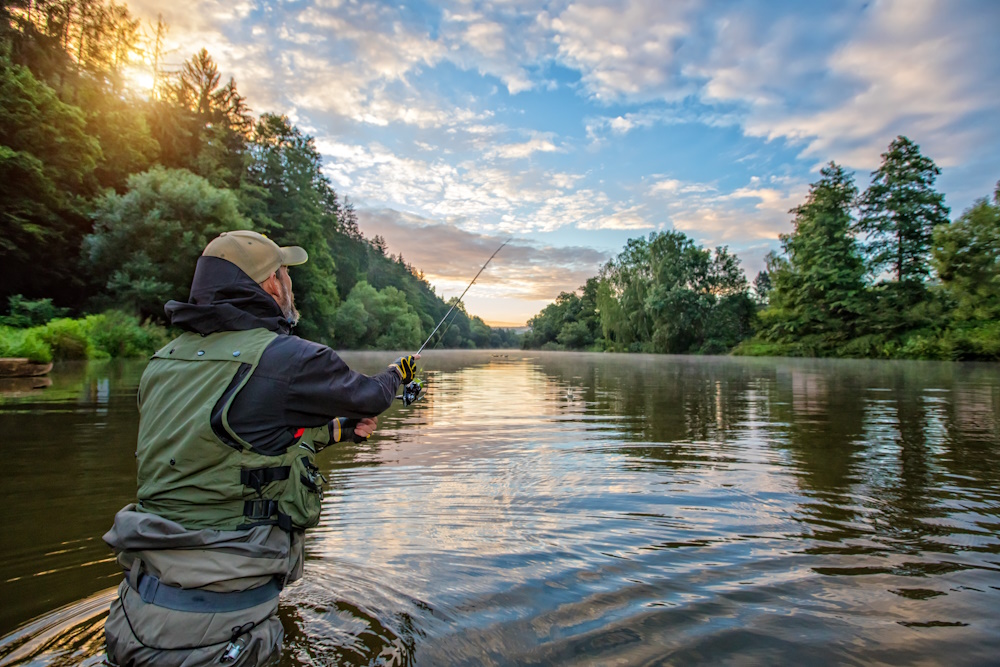A fishing license is more than a piece of paper granting permission to pursue aquatic activities. It’s an opportunity for recreation, a pathway to mental well-being, and an essential medium for supporting conservation efforts. But what about our veterans and disabled heroes? This article focuses on two special types of fishing licenses for non-resident veterans – the Non-resident Veteran Fishing License and the Lifetime Disabled Veteran Fishing License. As we journey through the process, requirements, fees, and benefits of these licenses, you will gain a deeper understanding of their significance for veterans.
Non-resident Veteran Fishing License
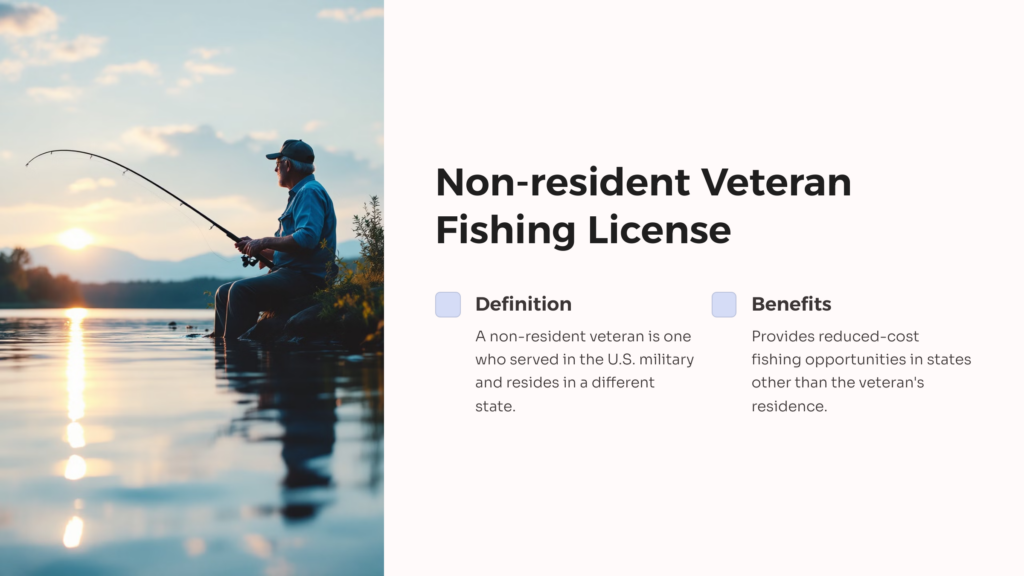
What makes one a Non-resident Veteran?
A non-resident veteran, in the context of a fishing permit, refers to someone who has served in the U.S. military and is currently residing in a state different from the one they enlisted in. This definition varies from state to state and depending upon the specific state regulations, the criteria might change slightly.
The Need-to-Knows: Requirements and Eligibility
The eligibility for a Non-resident Veteran Fishing License hinges on the veteran’s military service records, their current state of residence, and proof of service. Typically, a document showing an honorable discharge or a Veteran ID card is required as proof. It’s essential to check with the license-issuing agency in your intended fishing state to get precise information.
How it Benefits Veterans
The main benefit of the Non-resident veteran fishing license is to provide veterans with the opportunity to enjoy fishing activities in a state other than their resident state at a reduced cost. This license fee cost reduction acts as a gesture of gratitude for the veterans’ services to the nation.
A Guide to Obtaining This License
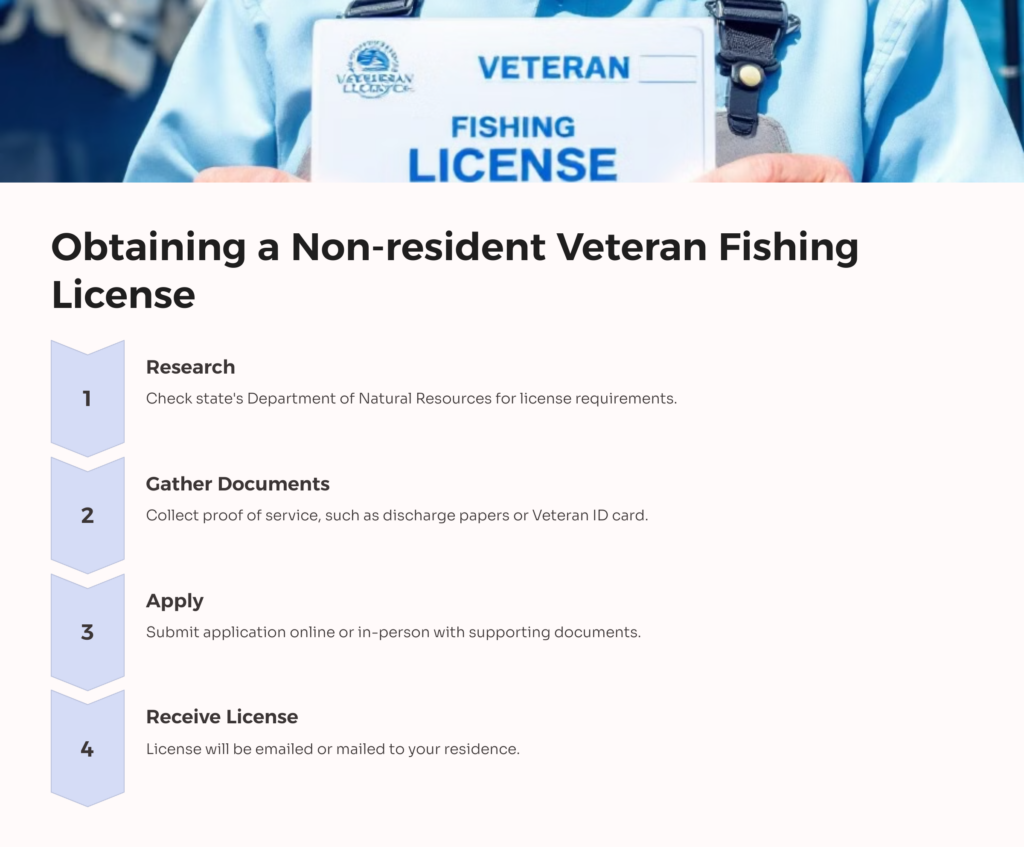
To acquire the Non-resident Veteran Fishing License, start by researching the State’s Department of Natural Resources or similar fish department authority for the license requirements. Next, gather the necessary supporting documents and submit them online or in person along with your fishing permit application. Once approved, your license will either be forwarded to your e-mail or mailed to your residence.
Comparisons with Regular Fishing Licenses
The core distinction between a regular fishing license and a Non-resident veteran fishing license is cost-related. The latter is typically less expensive, enabling veterans to fish across state borders without substantial financial strain.
Cost implications
Fishing license application fees vary state by state. Some states might waive the fee altogether for eligible veterans; others might offer a considerable discount. Moreover, there is usually no annual fee involved.
Legal Aspects
Each state dictates its wildlife conservation fishing laws, and a violation can have legal repercussions. Hence, veterans should be familiar with the fishing laws of the intended fishing state before starting their fishing license application.
States That Offer Special Fishing Licenses To Veterans
Thirteen US States offer special veteran fishing privileges to certain non-resident disabled veterans.
- Alabama – Offers free freshwater and saltwater fishing licenses to disabled veterans who are not Alabama residents but are residents of other states that offer reciprocal privileges to Alabama resident disabled veterans.
- Arkansas – Offers disabled veterans from any state a 3-day fishing license for $10.50. Also has various other reduced-fee licenses for non-resident disabled veterans.
- Florida – Offers free and discounted fishing licenses to resident and non-resident disabled veterans depending on factors like percentage of disability.
- Georgia – Offers a free honorary fishing license to non-resident disabled veterans from a reciprocal state. Allows fishing without additional licenses or fees.
- Louisiana – Offers free basic fishing license to non-resident disabled veterans.
- Michigan – Offers free fishing licenses to certain non-resident disabled veterans under reciprocity agreements.
- Minnesota – Offers free annual fishing licenses to non-resident disabled veterans.
- Mississippi – Offers free fishing licenses to non-resident disabled veterans from reciprocal states.
- Missouri – Offers free fishing permits to non-resident disabled veterans from reciprocal states.
- New Hampshire – Offers free fishing licenses to certain qualifying non-resident disabled veterans.
- Oklahoma – Offers reduced fee 1-day, 5-day, and annual fishing licenses to non-resident disabled veterans.
- South Carolina – Offers free freshwater fishing licenses to non-resident disabled veterans from reciprocal states.
- West Virginia – Offers free fishing licenses to non-resident disabled veterans from reciprocal states.
The specific requirements, restrictions, and reciprocal states vary for each state program. However, they aim to provide special veteran fishing privileges to thank disabled veterans for their service.
Lifetime Disabled Veteran Fishing License
Who is a Lifetime Disabled Veteran?
A lifetime disabled veteran, regarding the fishing license, is a veteran who has a permanent and significant disability related to their military service.
Requirements and Eligibility
Key prerequisites typically include proof of service, military discharge papers, and certification or documentation supporting the disability claim. Depending on the state, the disability requirement levels may vary.
Benefits Overview
A Lifetime Disabled Veteran Fishing License allows permanently disabled veterans to fish without the worry of license renewal or expiration, offering them a stress-free aquatic experience.
How-to’s: Securing the License
Similar to obtaining the non-resident license, you would research the state requirements, submit the necessary documents (proving service and disability), and apply either online or in person.
Differences: Regular Fishing Licenses Vs. Lifetime Disabled Veteran Fishing License
A key difference lies in the renewal aspect. While regular licenses require periodic renewal, a Lifetime Disabled Veteran Fishing License, as the name implies, never expires. The latter may also be granted irrespective of the veteran’s state of residence.
Fee Structure and its Implications
Typically, the lifetime license for disabled veterans is free or nominally priced. This adds up to substantial savings over time, especially considering regular license costs.
Legal Framework
The legal norms governing these licenses are pretty much standard to other fishing licenses, with the only key difference being the sanction of lifetime validity.
Importance of Fishing Licenses for Veterans
Therapeutic Advantages
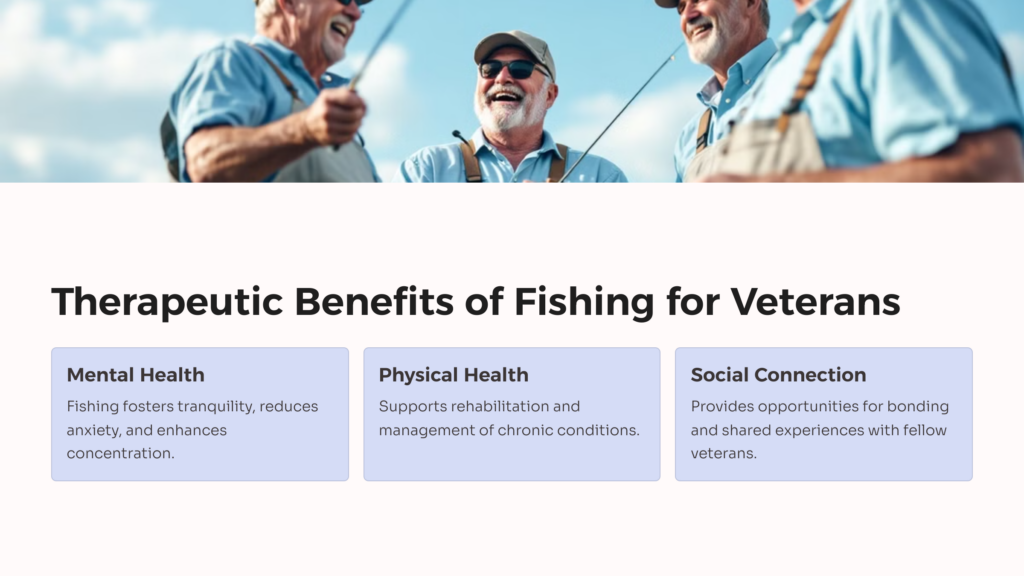
Fishing is proven to be therapeutic. It helps in rehabilitation, fosters tranquility, reduces anxiety, and enhances concentration. For veterans, especially those managing disabilities and chronic diseases, fishing can play a crucial role in their recovery process.
Why Veterans Need Special Fishing Licenses
Veterans might face economic and physical barriers to recreational activities. By offering discounted or lifetime fishing licenses, we ensure they have unrestricted access to the healing power of nature.
Economical Impacts
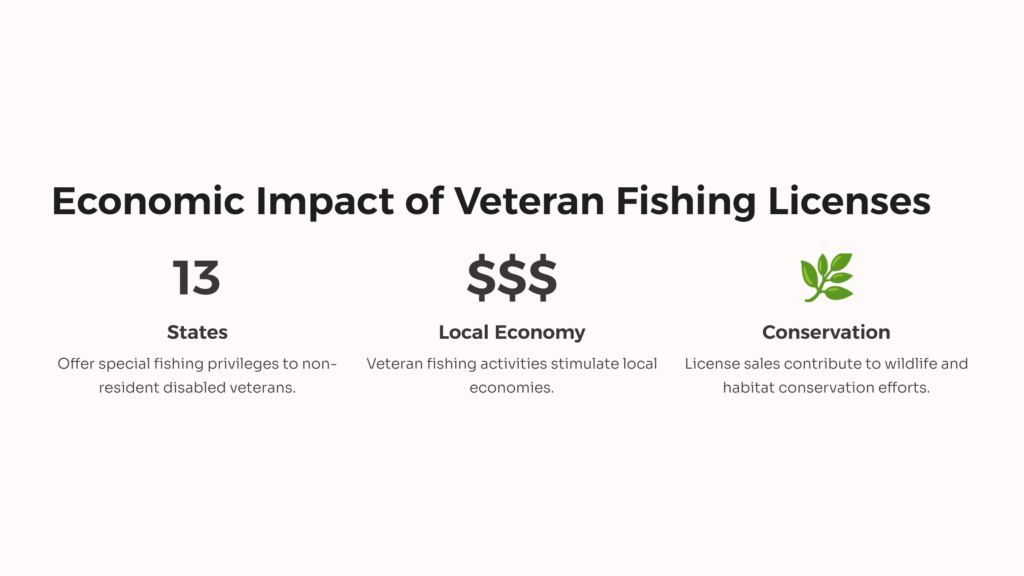
Policies that encourage veterans to engage in fishing can also stimulate local economies. The funds generated from license sales contribute significantly to the conservation efforts, thereby creating a win-win situation for all parties involved.
Conclusion
In summation, both the Non-resident Veteran Fishing License and the Lifetime Disabled Veteran Fishing License serve as excellent cherries on top for veterans who wish to immerse themselves in fishing. They address the economic and renewal-related hassles veterans might face when acquiring regular licenses. These licenses stand as sterling examples of our society’s continuous support for our veterans.
This article calls for fostering an environment that encourages veterans to make use of such beneficial provisions and emphasizes the need to keep spreading the word.
 AllVeteran.com Advisors
AllVeteran.com Advisors
With expertise spanning local, state, and federal benefit programs, our team is dedicated to guiding individuals towards the perfect program tailored to their unique circumstances.








